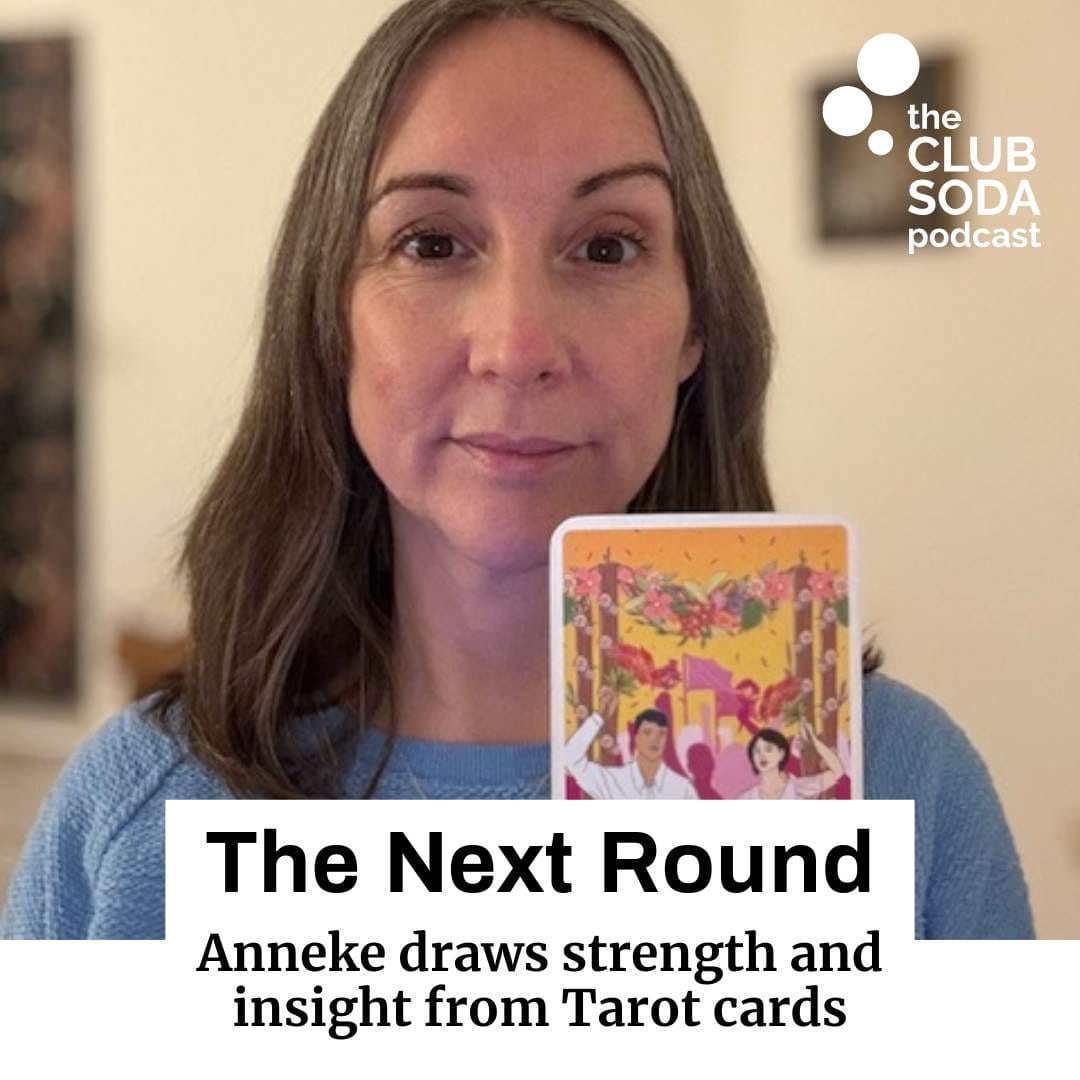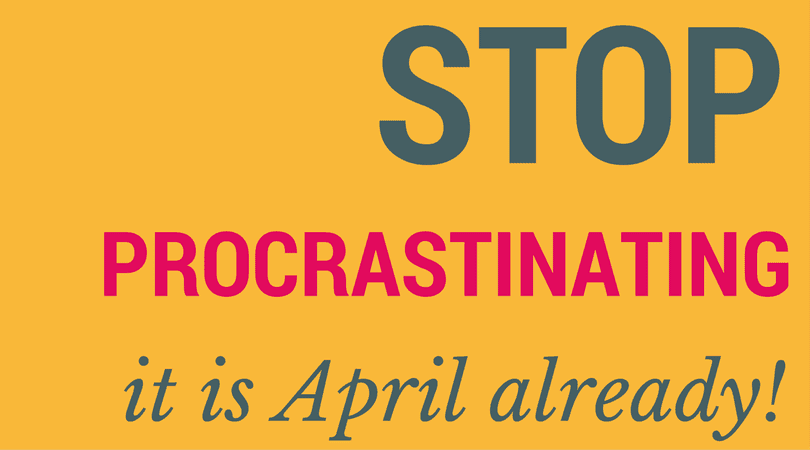
This website uses cookies to improve your experience. We'll assume you're ok with this, but you can opt-out if you wish. Read More
The Next Round: What happens after you change your drinking?

Procrastination is a problem whether you are moderating, going alcohol-free or looking to drink more mindfully. After all, you are planning to do something new and a bit difficult. Alcohol is probably hard wired into many aspects of your life: personal, social and emotional. So how do you beat procrastination?
You are planning to postpone immediate gratification (giving in to the desire to have a drink) in pursuit of longer-term goals (completing a successful period with less or no alcohol). We salute you!
As humans we love immediate gratification – especially if we drink regularly. With the easy availability of alcohol it is not hard to satisfy our desire immediately, and for it to become a regular habit very easily. Also, because we have often convinced ourselves of alcohol’s magical properties (it helps me de-stress, it makes me more social, I deserve it), it means there are many ways we can procrastinate that sound totally reasonable. I can’t change my drinking today because:
Procrastination is the process of postponing action, putting off doing something. Today is never quite the right time to act or to change, but tomorrow most definitely will be.
But the truth is that unless you get started you won’t ever begin. You won’t get the benefits of feeling those first steps and learning as you go along.
There is never a good time to give up or moderate your drinking. There will always be a reason/an event/an excuse.
The task, the goal, those hangovers won’t go away and in putting it off you are only handing the task (and a harder journey) to the future you.
Quite often when we procrastinate, we choose to do a different, but less important, task to the thing we really need to be doing – like deciding to check our emails and clear our inbox before we start on the day’s main task.
When it comes to drinking, this may manifest itself in us diluting our original intention, make it seem less of an issue but still showing willing – deciding to set a very short-term goal (a week) or even go for a moderation goal when we had originally considered taking a longer break to ‘hard reset’ our drinking habits. In doing this we also dilute our commitment and along with it fail to plan to make that happen. Vagueness and lack of real commitment are a form of procrastination – fuelled by the fear of failure and the discomfort of delayed gratification.
It is worth knowing that one of the benefits of procrastination is that it protects us from possible failure. If we don’t try something, we can’t fail at it. Perfectionists especially can use procrastination to avoid being average, or even terrible, at something. If we can’t do a 100% perfect job on something then we will do nothing at all.
Procrastination also protects us from doing things that will:
But what I have learned most of all from Club Soda members is that we only get to where we want to be if we give ourselves the opportunity to feel and fail.
Do not trick yourself into believing you have a plan when all you have done is diluted your ambitions to something that sounds like action but is in fact a fudge.
Which may be why sometimes, knowing we need to change, we increase our drinking. Getting on as much as possible before the ‘day’ we plan to stop, and in so doing avoiding even starting in the first place.
Procrastination can be destructive and chip away at our emotional well-being and self-esteem. It prevents us from doing things that we want to do, including tackling our unhealthy habits. Procrastination can cause us to feel stressed, anxious, regretful, and unhappy about all the things we haven’t yet done. As well as embarrassed, guilty and ashamed about the excuses we make to ourselves and others about why we haven’t done something yet.
Most people do not procrastinate in every area of life, but when faced with the need to change something big, the human tendency to procrastinate is an obstacle to doing what we need to do to reach our longer-term goals.
This is why it is important to tackle your procrastination on the things that are important to you.
Achieving your moderation or alcohol-free goals will help you to feel proud of yourself and to build your confidence about your ability to have a healthier relationship with alcohol long-term. It will also encourage you to feel more calm and happy because you are taking steps to improve your life.
Psychologist George Ainslie coined the term specious reward. This relates to our tendency to choose short-term, counterfeit solutions to our frustrating problems. For example:
A short-term solution to a stressful day might appear be to have a drink. It’s easy, habitual, and you know it works to take the edge off. Longer-term however, your day will be less stressful tomorrow if you don’t drink tonight. The short-term reward (temporarily relieving stress with a drink) has much less value to you than the longer-term rewards of not drinking – having a more productive day tomorrow, feeling proud of yourself for sticking to your goal, feeling LESS stressed and MORE happy tomorrow than you do today.
Our tendency to choose short-term, smaller rewards over longer-term larger rewards is referred to as hyperbolic discounting.
Hyperbolic discounting – the tendency for people to increasingly choose a smaller-sooner reward over a larger-later reward as the delay occurs sooner rather than later in time, plays into the hands of our internal saboteur. It lures us into making deals and bargains with ourselves, continually diluting our goals until they hardly exist.
As an example, I know that I need to improve my health through more exercise and a better diet. For the future, I have vowed to forego all short-term temptations in exchange for the greater long-term rewards of improved health. Presumably, I like this as it seems a small and manageable discount rate for all rewards in the distant future.
However, yesterday at the lunch I had a treacle sponge for dessert, I could not resist something sweet. I focused on the instant pleasure the cake can provide and heavily discount/dismiss the future rewards of better health.
After eating the cake, I once again intend to follow a diet in the future. I believe that next time I will be able to turn down the cake. But I have not created the foundation to do so. Although I want to follow the regimen necessary for better health, the immediate reward from short-term deviations drowns out the heavily-discounted future benefits of healthier eating.
My preference for healthy eating simply does not hold up in the heat of the moment – eroding my willpower.
This tendency to go for the easy (not necessarily best) solution is a common pitfall in changing your drinking habits. Procrastination is a human tendency we all experience. It won’t just go away by itself, but recognising when it is happening is the first step towards beating it.
For instance, if you are stressed and need to unwind, you might start to think about having a drink, which in turn creates a niggly urge for a drink. At this point it will feel easier to just have a drink because that’s what you usually do. It has become a convenient and simple way to relax, and it will remove the urge for a drink. So you feel OK again (but only temporarily).
Rather than instinctively reacting to a thought, feeling or urge, plan a considered conscious response.
Using the WOOP system (Wish, Outcome, Obstacle, Plan) you can find and test ways to respond (rather than react) by creating a plan when you are scanning the day ahead for possible pitfalls.
WISH: My wish is to not drink today.
OUTCOME: If I achieve this I will feel proud and have another day alcohol-free under my belt and be closer to my mindful drinking goal.
OBSTACLE: If…I notice myself thinking about the short-term pleasure of a drink today…
PLAN: Then…I will ask myself “By saying ‘YES’ to a drink today, what am I saying ‘NO’ to tomorrow?”
This website uses cookies to improve your experience. We'll assume you're ok with this, but you can opt-out if you wish. Read More
| Name | Domain | Purpose | Expiry | Type |
|---|---|---|---|---|
| wpl_user_preference | joinclubsoda.com | WP GDPR Cookie Consent Preferences. | 1 year | HTTP |
| PHPSESSID | www.tickettailor.com | PHP generic session cookie. | 55 years | HTTP |
| AWSALB | www.tickettailor.com | Amazon Web Services Load Balancer cookie. | 7 days | HTTP |
| YSC | youtube.com | YouTube session cookie. | 55 years | HTTP |
| Name | Domain | Purpose | Expiry | Type |
|---|---|---|---|---|
| VISITOR_INFO1_LIVE | youtube.com | YouTube cookie. | 6 months | HTTP |
| Name | Domain | Purpose | Expiry | Type |
|---|---|---|---|---|
| _ga | joinclubsoda.com | Google Universal Analytics long-time unique user tracking identifier. | 2 years | HTTP |
| sbjs_migrations | joinclubsoda.com | Sourcebuster tracking cookie | 55 years | HTTP |
| sbjs_current_add | joinclubsoda.com | Sourcebuster tracking cookie | 55 years | HTTP |
| sbjs_first_add | joinclubsoda.com | Sourcebuster tracking cookie | 55 years | HTTP |
| sbjs_current | joinclubsoda.com | Sourcebuster tracking cookie | 55 years | HTTP |
| sbjs_first | joinclubsoda.com | Sourcebuster tracking cookie | 55 years | HTTP |
| sbjs_udata | joinclubsoda.com | Sourcebuster tracking cookie | 55 years | HTTP |
| sbjs_session | joinclubsoda.com | SourceBuster Tracking session | Session | HTTP |
| Name | Domain | Purpose | Expiry | Type |
|---|---|---|---|---|
| mailchimp_landing_site | joinclubsoda.com | Mailchimp functional cookie | 28 days | HTTP |
| __cf_bm | tickettailor.com | Generic CloudFlare functional cookie. | Session | HTTP |
| NID | google.com | Google unique id for preferences. | 6 months | HTTP |
| Name | Domain | Purpose | Expiry | Type |
|---|---|---|---|---|
| _ga_10XZMT03ZM | joinclubsoda.com | --- | 2 years | --- |
| AWSALBCORS | www.tickettailor.com | --- | 7 days | --- |
| cf_clearance | tickettailor.com | --- | 1 year | --- |
| VISITOR_PRIVACY_METADATA | youtube.com | --- | 6 months | --- |
Join Club Soda for 10% off your first order of drinks for UK delivery. Plus get our latest news and special offers for members to choose better drinks, change your drinking and connect with others.
If you get an error message with this form, you can also sign up at eepurl.com/dl5hPn